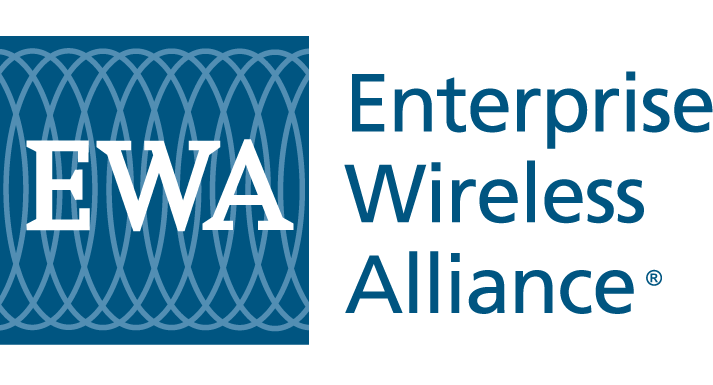The Quest for Equitable 800 MHz Sharing Policy
EWA took a pass on this one back in 2015 when the North Carolina State Highway Patrol (NC State) filed for a waiver of the 800 MHz inter-category sharing freeze to access a B/ILT channel in order to accommodate capacity shortfall issues at its Hibriten Mountain site. At the time, the waiver request was supported by the APCO which asserted that no public safety channels were available for NC State, and as required, a B/ILT coordinator, in this case UTC, chimed in agreeing with that analysis, concurring with the assignment of the B/ILT channel for NC State’s use. A review of the facts by EWA in this case substantiated the waiver and, with the view that perhaps the favor would be reciprocated, EWA opted not to respond to the FCC’s request for comments. The channel would be put to good use.
In its ORDER granting the inter-category assignment, the FCC referenced FCC Rule Section 90.621(e) stating, “… Commission rules permit an entity to license a channel outside its pool category through inter-category sharing if the entity demonstrates that no channels in its pool category are available for use.”
One can only hope that the FCC’s intercategory sharing waiver policy is indeed a two-way street. On behalf of a major utility who seeks additional spectrum capacity, specifically early access to Sprint-vacated channels that are presently reserved for public safety entities only, EWA prepared waiver documentation and continues to support a CII licensee’s spectrum sharing need that can be readily accommodated through the assignment of two unassigned public safety channels.
Of note, while there are nearly twenty unused public safety channels available, APCO has vigorously opposed the waiver and UTC has remained silent on the issue. Incredible, but not surprising. We are confident that the FCC will make the right decision in this instance. This twenty-year old inter-category freeze is a policy whose time has also come and gone.
